
Renewed lockdowns widens divergence in Indonesian grocery retailers
Revenue and profitability of large-format retailers is expected to deteriorate.
Renewed social-distancing measures in Jakarta to curb the spread of COVID-19 will widen the performance divergence between Indonesian mini-markets and their larger counterparts such as supermarkets and hypermarkets, according to Fitch Ratings.
The re-enactment of the measures, known locally as PSBB, started 14 September and will continue for two weeks with a possible extension. The mini-market business model with store locations that are closer to residential areas is better placed to withstand the effects of the government-mandated partial lockdown compared with that of supermarkets and hypermarkets, whose stores are further away from their customers.
Fitch estimates the revenue and profitability of large-format retailers such as PT Matahari Putra Prima Tbk (MPPA) and PT Hero Supermarket Tbk (HERO) will deteriorate in this year whilst mini-market operators such as PT Sumber Alfaria Trijaya Tbk (Alfamart; AA-(idn)/Stable) are expected to be relatively resilient.
Furthermore, recovery in H2 is expected to be challenging due to the impact of another round of social-distancing measures after a weak H1 for the large-format operators. The latest Jakarta movement restrictions will dissuade customers from travelling the longer distance to large-format retail outlets, which are typically located in retail malls. This is said to translate into lower foot traffic for these operators, which already faced a severe challenge from mini-markets before the pandemic.
In addition, a contraction in the large retailers' scale will make it difficult for them to meaningfully compete with mini-market operators, whose expansion will allow them to increase their bargaining power with suppliers in terms of purchasing in larger volume.


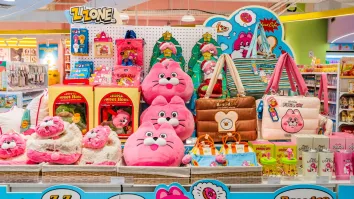
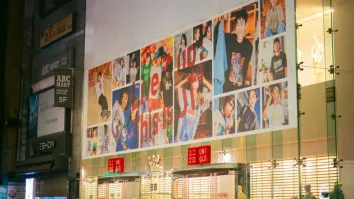


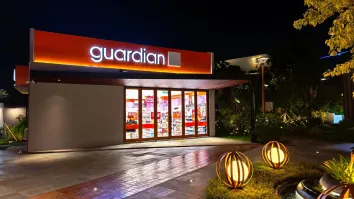



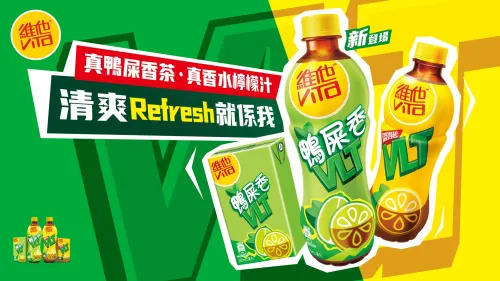



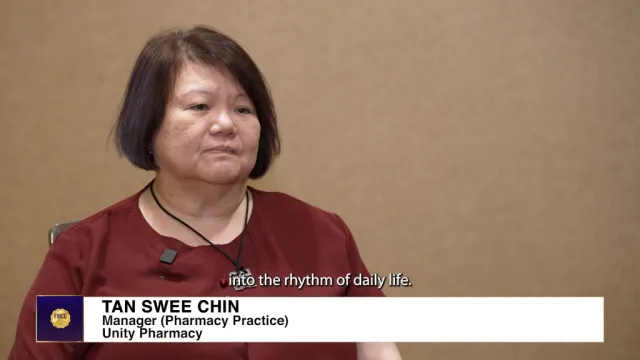
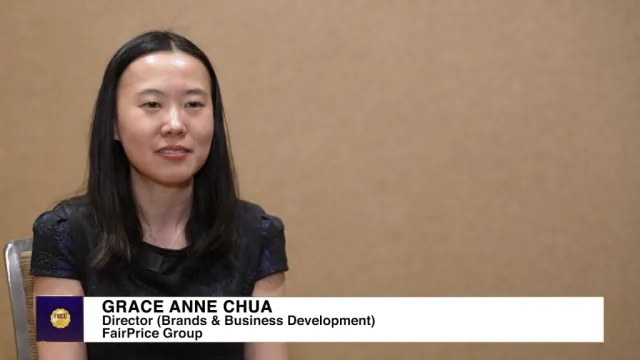



 Advertise
Advertise







